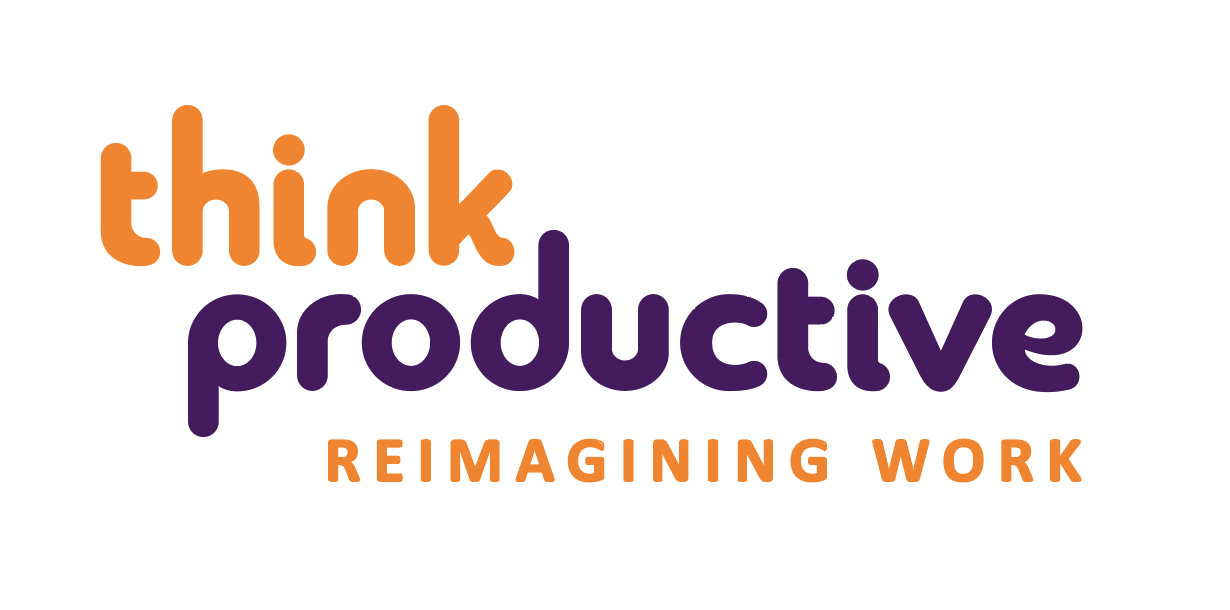Life isn’t always a smooth ride. Regardless of circumstance, everybody comes up against problems at some point.
Time management training can help if you’re feeling overwhelmed by too much at once, but what if things have just gone wrong, and it’s something beyond your control? Perhaps you’ve been passed over for promotion, or lost your job altogether. Maybe you return from a much-needed holiday to find your home robbed, or lost to fire. Traumatic events; abuse, terrorist attacks, and the loss of loved ones leave most people feeling uncertain, or submerged deeply in very strong emotions. However, others seem to be capable of adapting to these highly stressful conditions. This is a process called resilience, and it’s not an easy road to take. It takes effort, and a lot of time. Still, it’s a very worthwhile thing to dedicate your energy to – one that will help you handle hardships as and when they arise. After all, you can’t be a Productivity Ninja if you crumble as soon as things go wrong.
Resilience means performing highly, even when your environment or circumstances are particularly challenging. When confronted with difficult situations, a resilient individual has the emotional, mental, physical and spiritual strength to face them. It sounds almost superhuman, especially under deeply upsetting circumstances, and while the process is difficult there are a few fairly straightforward ways to develop and utilize your own resilience.
It’s Who You Know
Building good relationships with other people is vital when it comes to building resilience. If you’re prone to bottling up your emotions for fear of burdening other people with your problems, it’s time to start sharing. It can be one of the most difficult things to do, but asking for and accepting help from the people you’re closest to can be one of the best ways to bounce back after things have gone wrong. Some people find support in faith-based organisations, or local groups that offer social support. It’s there for a reason – because everybody needs help at some point in their life. Don’t be embarrassed to use the services available to you.

Study Up
There are other resources available to you, as well. Throughout history, humans have overcome truly horrifying experiences – and some of them wrote it all down. Books and other publications written by people who’ve managed failure, trauma and loss can illuminate a strategy that might work for you as well. If reading isn’t something you’ve got the time for, it might be a good idea to listen to an inspirational speaker talk about what they’ve been through, and how they dealt with it. There are plenty of videos online, or see if there are any speaking events happening in your area. The chances are, somebody has already overcome the problem you’re facing – and they can probably offer some very pertinent advice.

Perspective is Everything
Captain Jack Sparrow said it best when he slurred – “The problem is not the problem. The problem is your attitude about the problem.” Pay close attention to the way you think about issues that land in your lap. If your immediate response is to hold up your hands and wail – ‘This is insurmountable!’ – you’re not practicing resilience. In the heat of the moment, crises can seem overwhelmingly difficult to overcome – but how will you feel about them in a week? What about a month from now, will it still be an issue? Give it a year. How do you think you’ll feel about the crisis after twelve months have passed? Even if the problem is a particularly painful one, it can be enormously helpful to consider the situation from a long-term perspective.

If You Can’t Love Yourself…
As uncomfortable as it can sometimes feel, you have a responsibility to yourself – to pay attention to your own feelings. Don’t feel guilty about engaging in activities that you find enjoyable or comforting. If something relaxes you, do it regularly. Practice saying ‘no’ to the things you don’t want – or have – to do. Exercising regularly, eating well and getting enough sleep are fundamental when it comes to keeping yourself primed to respond to unexpected and disorienting situations. Nurturing a positive view of yourself is a fantastic way to build resilience – put trust in your instincts, and be confident in your ability to respond to problems. You’ve got through life this far, haven’t you?
Retrospective Resilience
On that note, a great way to learn about yourself is to look back at the problems you’ve confronted – and conquered – in the past. It’s likely that you’ve already overcome some pretty unpleasant hurdles, and then promptly forgotten about them as you’ve moved on to the next crisis. Ask yourself the following questions, and you might be surprised at your ability to respond effectively to difficult situations:
- Which events in my life have I found to be the most stressful?
- How have those events affected me in the past?
- Who have I reached out to for support when I’ve worked through those events? Who has offered me help?
- What have I learned about myself during difficult times?
- Has it been beneficial for me to help somebody else who is going through something similar?
- Have I been able to overcome these events – and if so, how?
The answers to these questions should give you an idea of your current level of resilience, and what strategies might work best for you.
By Jonathan Stewart
Jonathan Stewart is a recent English Language graduate from London who interviews corporate and keynote speakers for a living. He’s written short biographies for upwards of one hundred productivity and motivational speakers, but still has over 300 unread emails in his inbox.
